How Does SR22 Insurance Affect Your Job? A Total Breakdown
If you find yourself with a suspended license and need SR22 insurance, your first thought may go to your job security. It naturally begs the question: how does SR22 insurance affect your job? Although it’s not a guarantee, it’s very possible that having to get SR22 insurance may negatively impact your current job. No matter what the actual outcome is, it’s important to go into your situation with all the facts. Here’s what you need to know about SR22 insurance and its possible effect on your job, as well as how it could impact the job-hunting process in the future.
What is SR22 insurance?
Technically, SR22 insurance isn’t insurance—it’s a certificate certain drivers have to file to obtain insurance. Once you file the SR22, you can shop around for insurance and get yourself back on the road. In terms of why you’d need it, there are multiple circumstances that call for SR22 insurance.
Why would you need SR22 insurance?
SR22s are needed by many drivers, and each situation is different. Generally, however, here are some of the most common reasons drivers would need an SR22:
- Driving under the influence
- Reckless driving
- Driving without insurance
- Found at fault in an accident
- Speeding
There are many reasons why one would need an SR22, and each will vary from person to person. Once you do secure SR22 insurance, though, it’s important to know how it may impact your employment.
How can it affect your current job?
An SR22 filing, generally, shouldn’t affect your job; however, the reason behind the SR22 could. For those with a DUI that have their license suspended, this could affect your transportation to work. For those who operate machinery in their day-to-day job, or work as truck drivers or bus drivers, this could have a more immediate effect. In that case, you need to inform your employer, which could potentially lead to your termination. Company policies will vary from business to business, but for many, they have zero tolerance policies for some violations that result in an SR22. Honesty is the best policy, as you don’t want your employer to find out from a third-party source. You don’t want to advertise it too widely, either, so avoid telling your coworkers or posting about it anywhere on social media before you tell your boss. If your employer found out this way, it would only make it that much more shocking and upsetting to them.
Which jobs will it affect most?
As expected, those who drive for a living may find themselves in trouble. An SR22 will mostly affect truckers, bus drivers, machine operators, or anyone who drives during their job. It can affect many other fields, as well. If you work with children, or in a public service role, it’s possible they’ll raise concern over your conviction. It will truly depend on your specific company, so be prepared for the fact that it may result in a less than desirable outcome. If you do end up losing your job, don’t stress too much—there are still ways to find a job with an SR22.
Will you be able to find a job with an SR22?
Whether you were convicted of reckless driving, or driving under the influence, those will reflect on your record. Since most jobs run background checks, this is sure to come up in any position you apply for. For some companies, depending on what you were charged with, this will be an automatic deal breaker. If you can make a stellar first impression, however, the company could overlook the charge. There are certain jobs you should stay away from, such as those previously mentioned that involve driving. There are many other avenues you can thrive in, though, as long as you take the time to look. It may take longer than you like, but it’s entirely possible to find a job with an SR22. Patience is the key to success throughout your search.
Tactics for job searching
With time, you most likely can secure a job, but you’ve got to go into the search with the right tactics and mindset. This is particularly important to keep in mind if you have a DUI on your record. Job searching with a DUI can be very tricky, and you may get discouraged. Nonetheless, there are many tools you can use to make the process smoother.
Have realistic expectations
One of the most important qualities to have while job searching, no matter your situation, is to have realistic expectations. It’s very unlikely you’ll secure your dream job right out the gate, so give yourself time to search for something you’re interested in, but understand it may not work out. If you know that going in, you won’t be so heartbroken if something doesn’t work out, and you can bounce back much quicker.
Prepare ahead of time for your interview
You never want to go into an interview blind, so take that extra time to prepare. This is especially important for those that have an SR22, as it’s likely the interviewer will see the reason behind it after they see your background check. It’s essential you come off as respectful, put together, and excited about the position; that way, you can alleviate any reservations that may come up.
Be upfront
If your record comes up, it’s important to be completely upfront and honest. While you don’t need to volunteer the information, don’t lie if it’s brought up. Your potential employer will be much more interested in you as a candidate if they can see you’re honest and trustworthy, rather than someone who tries to hide the truth.
When it comes to the question of how does SR22 insurance affect your job, or if you’ll need to get a new job, there’s no need to get overly stressed. Whether you need to obtain SR22 insurance in Indiana or Arkansas, what matters is that your SR22 insurance coverage is the next step toward getting your life back on a steady path.
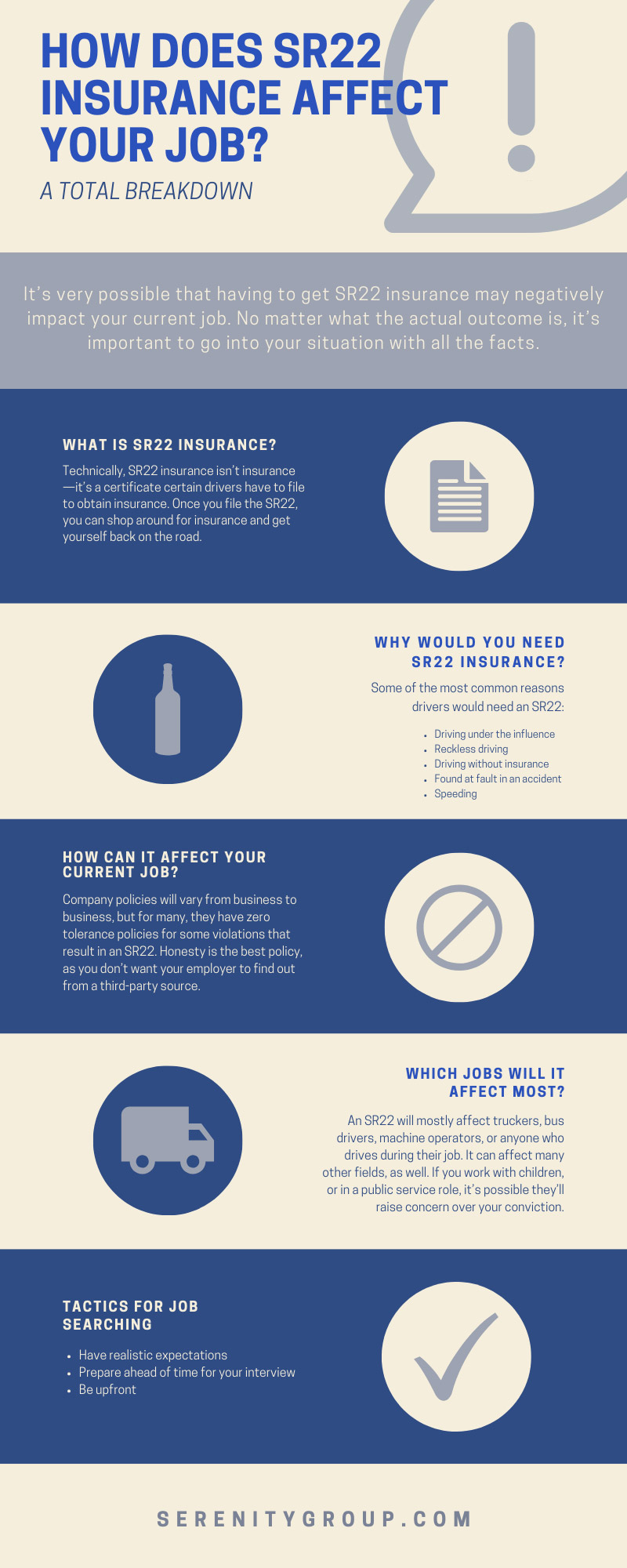

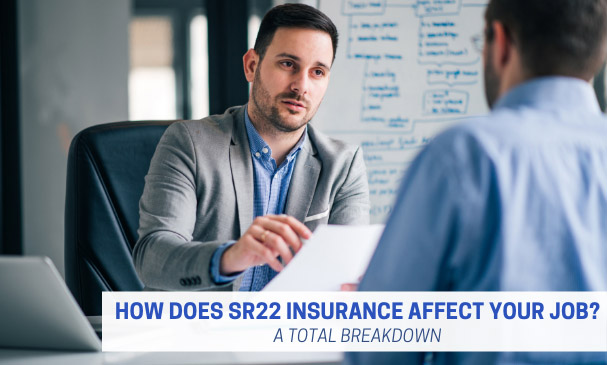
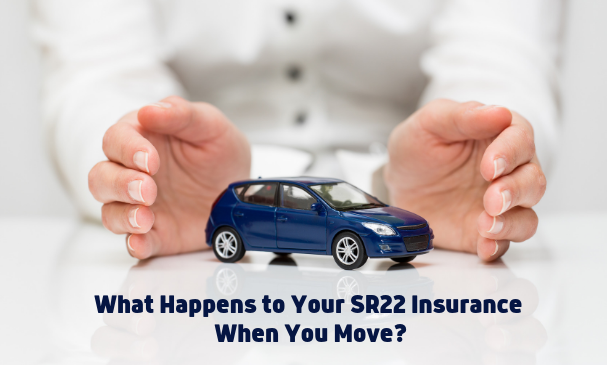

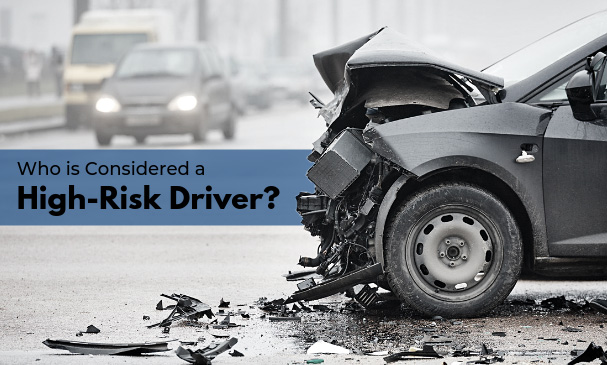
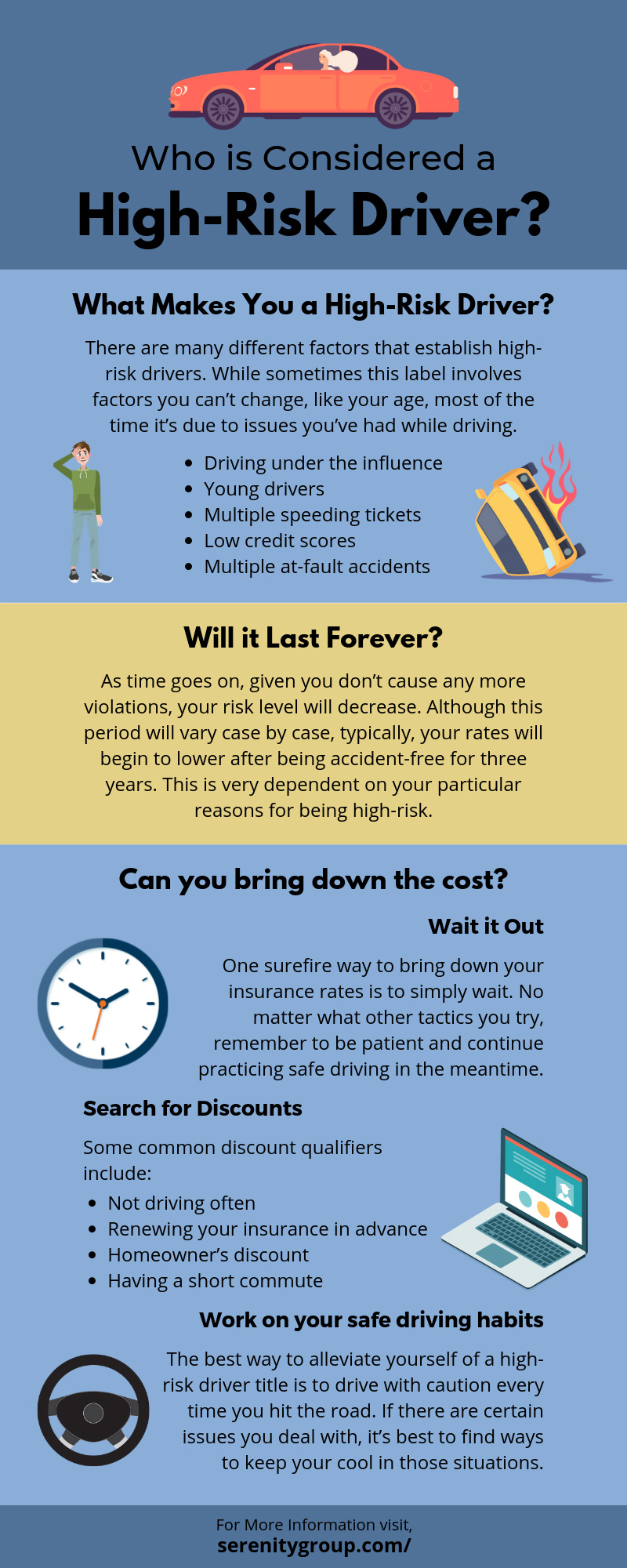
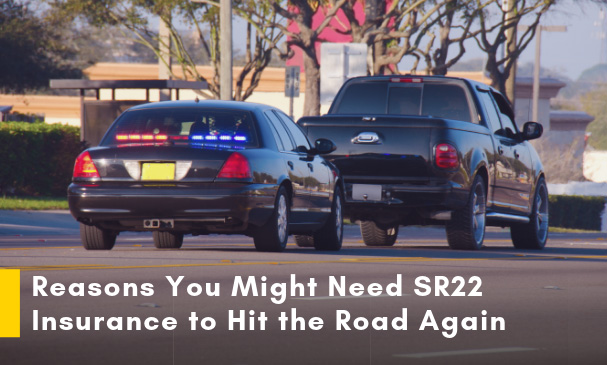
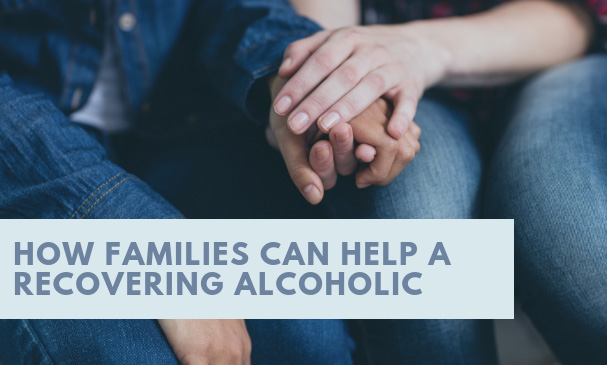
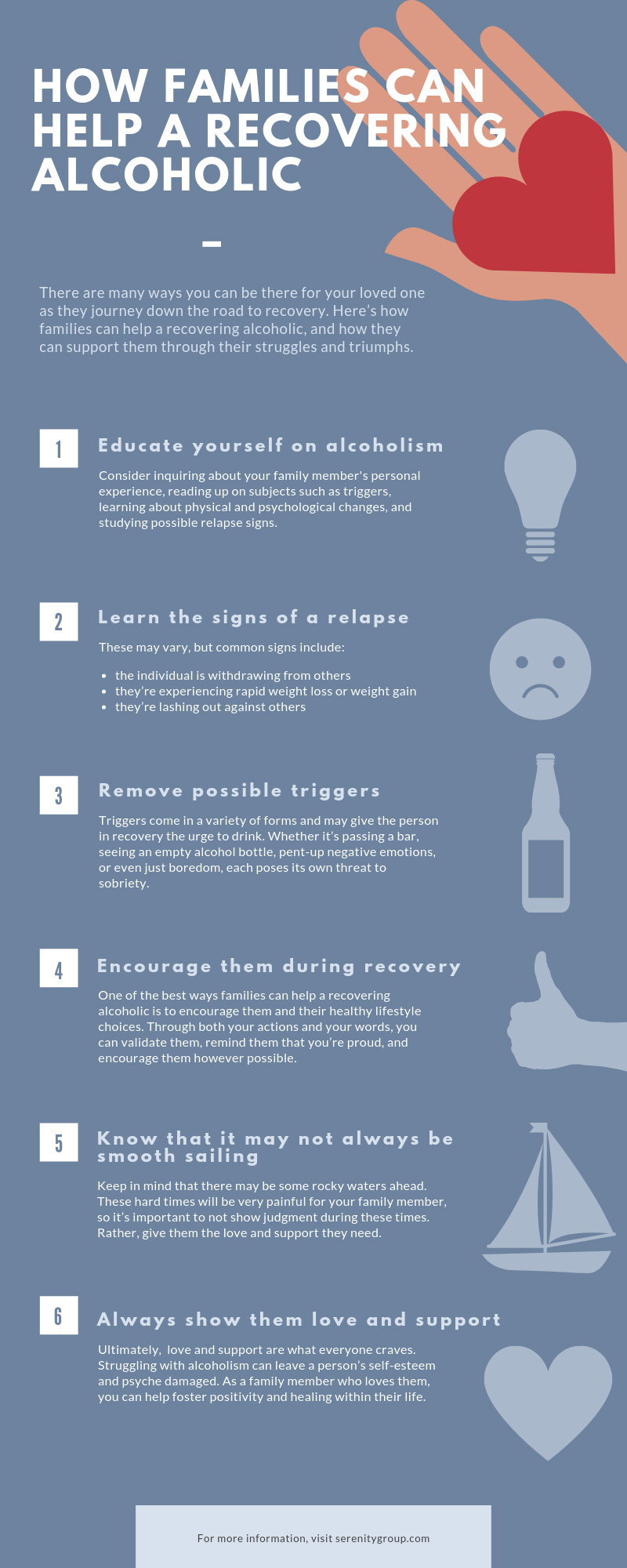
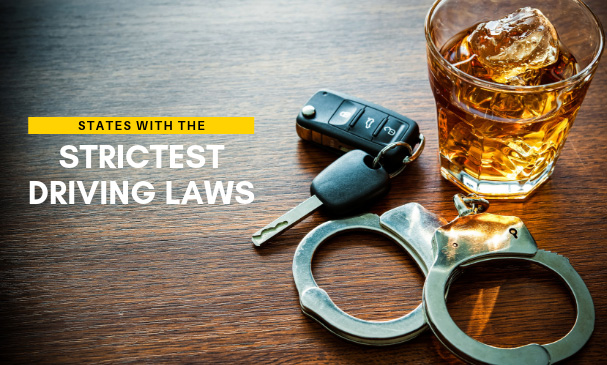

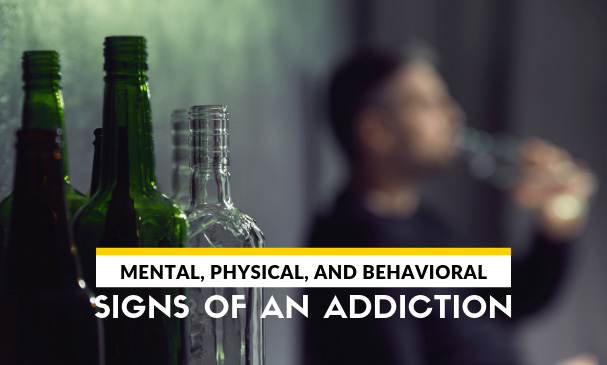
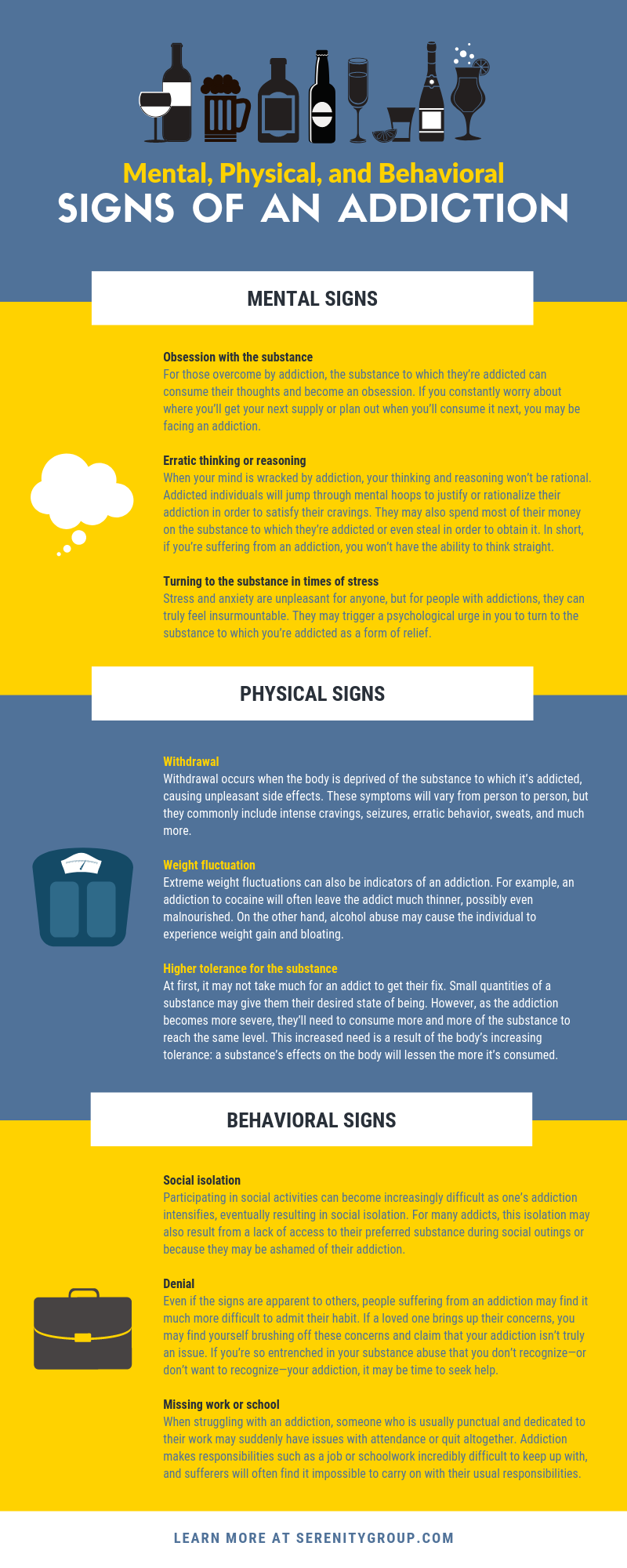
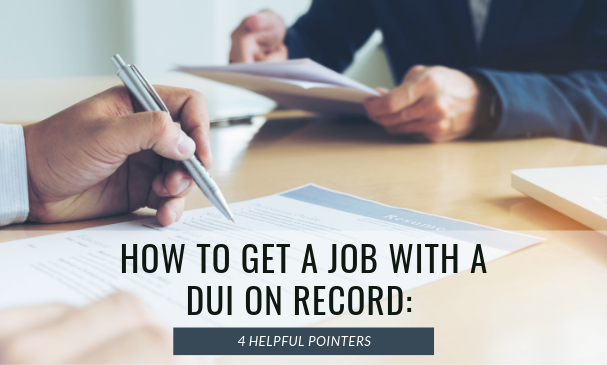
Recent Comments